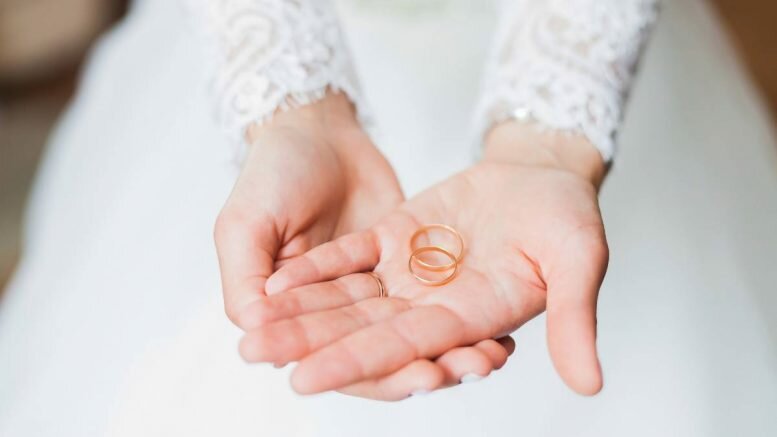While virtually all women who marry carefully consider surname choice, very few men even think about changing to their wife’s surname.
“Changing to the spouse’s name generally has a lower status in Norway than keeping one’s own surname, for both women and men.
“But for the few men who choose to take their wife’s name with a hyphen, or as a middle or surname, there are a number of additional reactions that come from the outside world,” cultural scientist Line Førre Grønstad told news bureau NTB.
Before Christmas, she defended her doctoral dissertation at the University of Bergen with the dissertation “Community and individuality. Gender surname choice among Norwegian men in heterosexual relationships.”
One of her research findings is that even in a country as equal as Norway, keeping the surname is strongly linked to the view of a man’s masculinity and identity.
Minority change surnames
While around one in two women take the husband’s surname in one form or another when they get married, only a few percent of men in heterosexual relationships do the same.
Almost all women who get married have thought about whether or not to change their surname.
But Grønstad found that, for the most part, only the men who actually made a change considered a name change.
“You should also be quite firmly attached to your own masculinity when you make a choice that is otherwise associated with something feminine. It is seen as somewhat lower on the ladder,” Grønstad said, comparing it with men who choose traditional female occupations such as being a nurse.
In her dissertation, she noted that men who decide to change to the woman’s surname risk being referred to as “a weakling.”
The reasons
Grønstad wanted to find out why and in what context men make the choice of changing their surname.
“Some have a basic attitude that men’s and women’s names are equally important.
“Many have a very strong sense of community and an idea that the nuclear family should have the same name.
“These are attitudes these men share with very many women who change their names,” Grønstad said.
Often the thought is aired by someone, usually the partner. It matures over time, and several factors weigh in.
“There is a lot of negotiation,” she added.
It is seen as the couple’s private decision, and therefore it often comes as a bit of a surprise when the outside world reacts.
From Kirchoff to Bekeng
When the Labor Party’s (AP) health policy adviser got married a few years ago, he took his wife’s maiden name after an assessment and dialogue between them.
Karl Kristian changed his last name from Kirchoff to Bekeng.
“We agreed that the family should have a common surname and that a double name is a nuisance, so we had to choose.
“Because she has several sisters, and I have brothers, it was likely that both surnames would pass on if I took her name.
“We agreed that since I took her last name, I got to decide the children’s first names,” he said.
He says women in particular react positively to the choice.
He also experienced that people refuse to believe that such a decision was possible. For example, he mistakenly booked a plane ticket in his old name and had to explain to a Belgian flight attendant why he had another name in his passport.
“It took a lot of persuasion to make her understand that it is actually possible for a man to take his wife’s name,” Bekeng said.
Feels like betrayal
The tradition of having a surname and passing it on from father to son is no more than around 120 years old in large parts of society.
Nevertheless, Grønstad found that removing the last name a man has grown up with can trigger reactions.
“A son changing his name can have a strong impact on a father. It feels difficult to consider the break from tradition as something other than a betrayal or a message that you no longer want to belong to the father’s family – although, of course, it is rarely meant that way,” Grønstad said.
Precisely because of this, some stated that it was difficult to get others on board with the idea of changing their name.
Others no longer had contact with their father as a result of changing their name.
Another reaction, several stated, is that the one who changed the name can get teased.
“It’s quite good, maybe, that people see that there is a freedom of choice there for men.
“The legal freedom to choose whether to keep your own or take your partner’s last name has been there since 1980, both for women and men, but the freedom of choice is probably still socially limited,” Grønstad said.
© NTB Scanpix / #Norway Today


Interesting and thought-provoking study.